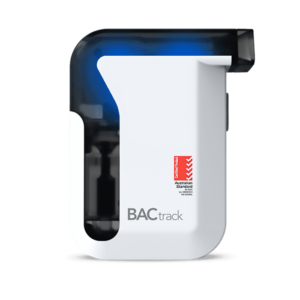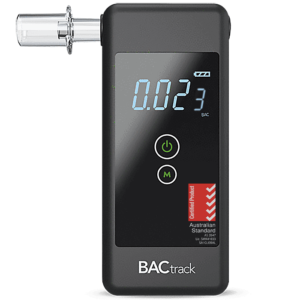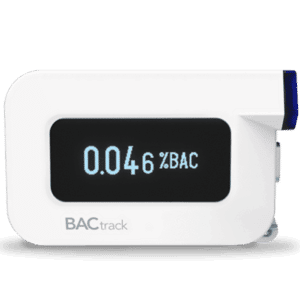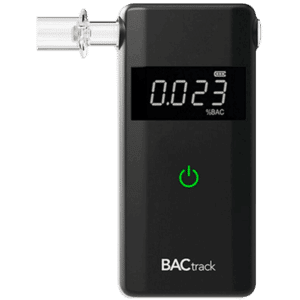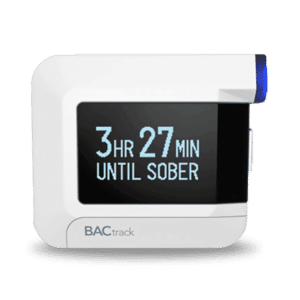Company Drug And Alcohol Testing: Purpose, Types Of Tests, And What To Expect
06 November, 2023

Company drug and alcohol testing is in place for many organisations to protect and maintain workplace safety and productivity. By conducting the test, employers aim to detect employees who are unfit and deter substance abuse disorders in the workforce. There are different testing procedures, including saliva, urine, blood, hair, or breathalyser tests. Nevertheless, it is crucial to expect the consequences of use. This can include disciplinary action, rehabilitation services, or termination.
The issue of substance abuse in the workplace is a serious concern for employers. It can lead to safety risks, decreased productive workplaces, and potential legal challenges. As a result, many organisations are taking proactive measures to prevent and address the issue through testing regimes. This is crucial for any employer that values the well-being and safety of employees. The following sections will present the significance of the testing, the test methods, and the consequences of positive results.
Significance and Purpose of Company Drug and Alcohol Testing
There are many significances and purposes that a company drug and alcohol testing holds. The primary reason for illicit drugs and alcohol tests is to maintain workplace health and safety. By addressing employees using illicit substances, companies can reduce the risk of accidents in the workplace. Another purpose is to promote fair treatment among employees. This eliminates biases that could exist in the organisation.
Workplace drug and alcohol policies can also deter substance abuse. By implementing regular testing, employees are aware that their substance use can be detected. This knowledge acts as a strong deterrent and encourages to prioritise well-being. Accordingly, this helps foster occupational health and promotes overall employee well-being.
Additionally, workplace policies are a legal requirement in certain industries. Industries such as transportation, healthcare, and manufacturing often have specific regulations mandating testing. Complying with these regulations ensures that the company conforms with laws and avoids potential penalties or legal issues. Nevertheless, it creates a way for employers to help workers who have substance abuse issues.
Reasons to Conduct a Test
- Pre-employment testing – an employer can conduct the assessment during the hiring process. This helps to ensure that potential employees are free from substance abuse.
- Random testing programs – this involves selecting workers at random intervals throughout the employment. The approach creates accountability, as employees never know when they may be selected for testing.
- Reasonable suspicion testing – an employer can conduct the test due to reasonable cause that a worker may be under the influence of alcohol or drugs.
- Post-incident testing – an organisation can conduct the assessment after an accident. This is to determine whether substance use contributes to the incident.
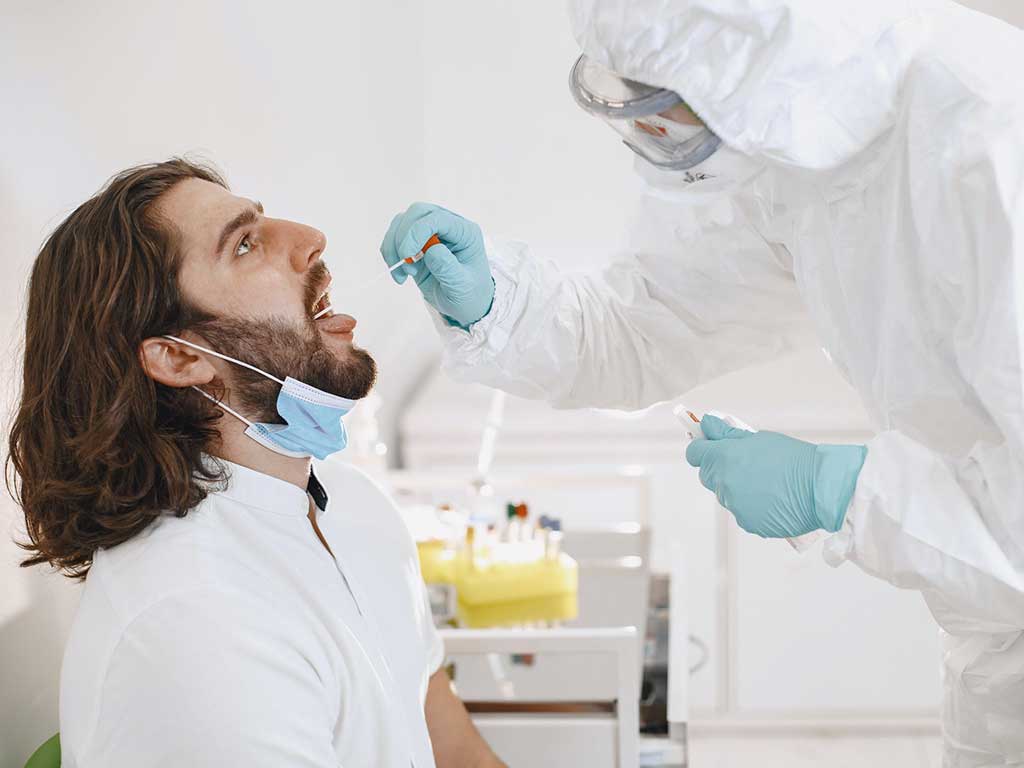
Types of Company Drug and Alcohol Testing
There are numerous illicit drug and alcohol testing services that a company drug and alcohol testing can choose from. One method is saliva testing. This involves the collection of oral fluid in a candidate to detect the presence of illegal drugs. It is popular due to its non-invasiveness and easy to administer, valuable for onsite testing. However, it only has a detection window of about 12 hours.
Another approach is the urine testing. This test can monitor a wide range of substances and provide a longer detection window than saliva tests. Blood testing is a highly accurate but less common method. It involves drawing blood samples; thus, it has an intrusive nature. Nevertheless, it can be beneficial as proof for cases such as post-accident testing.
The hair testing has the widest detection window, usually three months or more. It requires the collection of hair strands to determine the presence of ethanol and drug metabolites. To monitor the presence of alcohol, some employers conduct breath alcohol testing. The standard device for this is the breathalyser breath alcohol equipment, which is easy to use and can give prompt results.
Commonly Detected Substances
There are various substances can be detected in the testing. One is ethanol. This can cause impairment, which can significantly affect coordination, judgment, and reaction time. Secondly, it can monitor a wide range of drugs. This includes marijuana, cocaine, heroin, and amphetamines. Such can have negative effects on cognitive abilities, motor skills, and decision-making.
Other prescription medications, such as opioids and prescription drugs for anxiety, can also be detected. These medications have the potential to cause drowsiness and cognitive impairment. Thus, it can compromise the ability of a person to safely and effectively perform duties.

What Happens After a Positive Result in a Company Drug and Alcohol Testing
When a positive result occurs after a company drug and alcohol testing, specific procedures are typically followed. Once there is a positive outcome, the employer usually notifies the worker and the safety representatives. Before any formal action, it is a common practice to have confirmatory testing. This is to eliminate false positives and ensure accurate results.
Accordingly, the employer will review the guidelines of the organisation or employment agreement to determine appropriate action. These policies typically outline the consequences for a positive result. The guideline may also include adequate resources to support the worker. This includes Employee Assistance Programs (EAPs), education programs, counter medication, and health services.
Each firm has different protocols, which vary depending on the severity of the case. Some companies may offer an opportunity for the worker to explain or request further testing. Depending on the guidelines, disciplinary measures may occur. This involves mandatory counselling, suspension, termination, or going through rehabilitation. Hence, confidentiality is crucial in the process. The result must be only shared with relevant people.
Can an Employee Refuse a Test?
In most cases, an employee cannot refuse a test without facing potential consequences. Many companies have policies in place that require employees to undergo drug and alcohol testing. Refusing to take a test can be seen as a violation of the company policy and may result in disciplinary action, including suspension or termination of employment.
However, there may be certain circumstances where an employee can refuse a drug and alcohol test. This includes valid medical or religious reason that prohibits workers from participating. It is important for employees to know the guidelines of the organisation and to understand their rights and obligations.
Conclusion
The company drug and alcohol testing serves an essential purpose in the overall aspect of the organisation. It reduces the risks of accidents, discrimination, unproductive workplace, and legal issues. Employers can perform the test with various testing methods. This includes urine, saliva, hair, and blood testing and a breathalyser device for alcohol use. Accordingly, employers can conduct the test for hiring purposes, random testing, reasonable suspicion, and after an accident or incident.
With the testing methods, it can detect a wide range of illicit substances. This can monitor ethanol, cocaine, marijuana, and other prescription medications. Nevertheless, a positive result raises concern for the organisation. This can include further confirmatory testing, lead to providing resources for recovery, or the occurrence of disciplinary measures. Employers cannot refuse a test without such consequences. The refusal can lead to suspension or termination, depending on the policy.


















